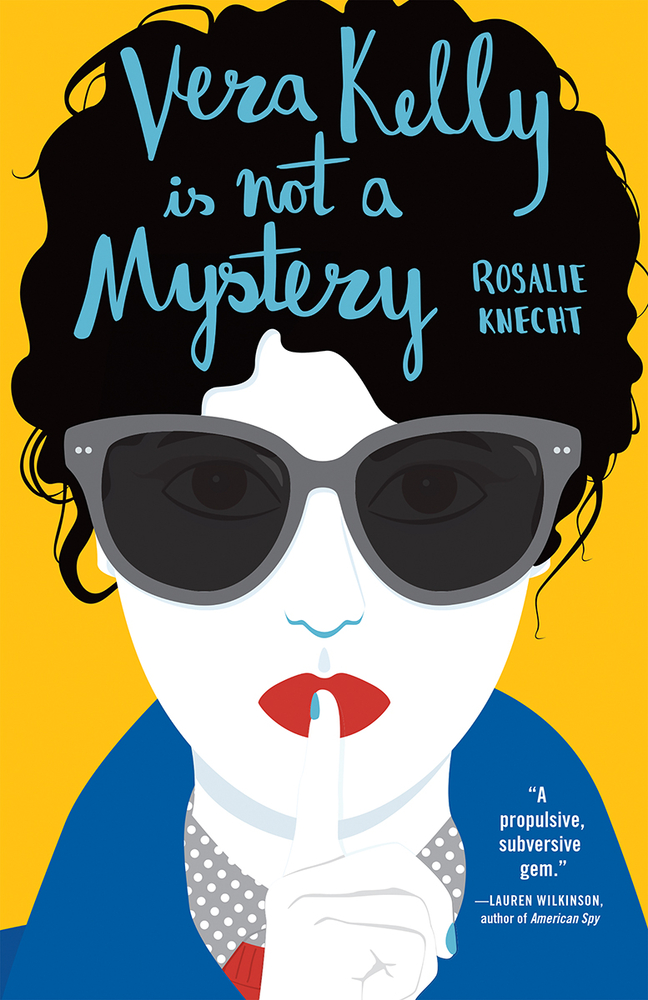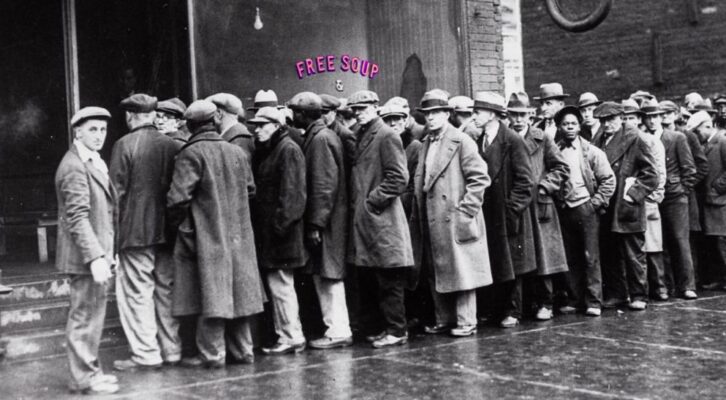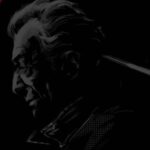Espionage fiction has always been a genre obsessed with shifting identities and allegiances, but in recent years authors have taken the preoccupation to a new level, and with that evolution the world of spy novels has grown more and more diverse. There’s still plenty of room and readers for thrillers where the world is saved anew each year (God knows it needs saving now and again), but increasingly we’re seeing quieter, more personal stories of discovery and reckoning, set against a backdrop of international intrigue. Family secrets, failed careers, and diamond thefts—all grist for nuanced, captivating tales of espionage, right there beside the assassins and Cold War throwback moles.
Here are our choices for the year’s best espionage novels.
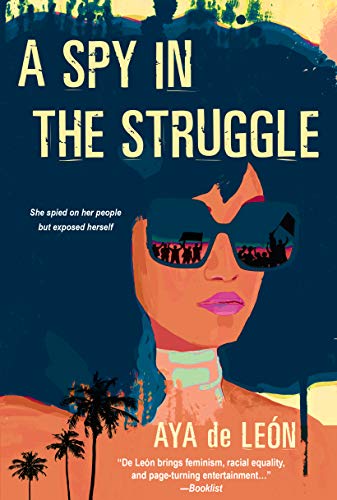
Aya de Leon, A Spy in the Struggle
(Dafina)
Aya de Leon has already gained a significant following through her Justice Hustlers series, cult favorites for those who want to see the poor get richer and the rich get deader, featuring a gang of Robin Hood-esque sex workers dedicated to their craft. Now, in her first espionage novel, de Leon cements her reputation for tales of social justice anchored by blood, vengeance, and love. When Yolanda blows the whistle on her corrupt bosses, she doesn’t expect to get blacklisted by an entire industry. After all, she was only covering her own ass when she sent those files to the FBI. And when a legal career is no longer an option, she decides to sign on with the Bureau as an analyst, ready to use her corporate lawyer skills for good. To her dismay, Yolanda is instead assigned to infiltrate an environmental group that’s been labeled as a terrorist organization, and finds herself quickly at odds with her new career. With romance, community gardens, and a strong sense of morality, this one also might be the most cheerful pick of December. –Molly Odintz, CrimeReads Senior Editor
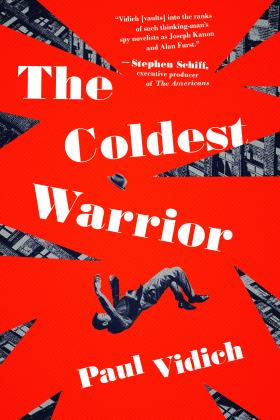
Paul Vidich, The Coldest Warrior
(Pegasus)
With An Honorable Man and The Good Assassin, Paul Vidich established himself as one of the leading lights of espionage fiction, a sophisticated voice taking up the mantle from the genre’s greats with complex, emotionally nuanced stories that revel in the profession’s moral ambiguity. His latest, The Coldest Warrior, reads like a le Carre novel for the postwar American moment, with an investigation into the mysterious death, decades before, of a CIA man who “jumped or fell” from a hotel window. It’s a story—as Vidich has discussed previously here on CrimeReads—that has personal resonance for him and his family. Vidich’s writing is as assured as ever, and his handling of difficult, charged material is truly admirable, and a pleasure to read. –Dwyer Murphy, CrimeReads Editor-in-Chief
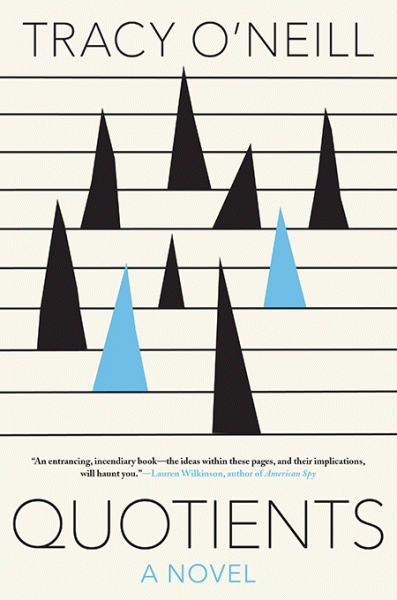
Tracey O’Neill, Quotients
(Soho)
O’Neill’s Quotients is a captivating meditation on personal relationships in a world of secrets and surveillance. At the center of her story is one couple and their strange journey toward a distorted understanding of one another and of the world around them. Jeremy Jordan is a former intelligence operative from Northern Ireland. Alexandra Chen works as an image consultant specializing in countries with tarnished international reputations. An unexpected appearance from Chen’s brother throws their lives into a new kind of tumult, and soon, O’Neill has them on an odyssey through the modern surveillance state, reworking their own personal traumas and sins. It’s a fascinating study of inner lives run through a ringer of technology and stress, and O’Neill proves herself an immensely gifted novelist with a knack for closely-observed suspense. –DM
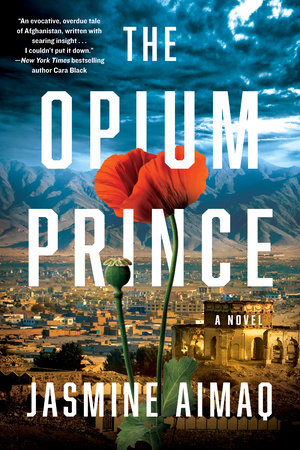
Jasmine Aimaq, The Opium Prince
(Soho)
Jasmine Aimaq’s The Opium Prince takes place in 1970s Afghanistan during a pivotal time in the nation’s tumultuous history, as an American diplomat working for an aid organization finds himself drawn into the web of a drug trafficker after a moment’s tragedy makes him vulnerable to outside pressures. Aimaq fills in the details of a little-known (at least in American pop culture) era in Afghani history, where the loose threads of the past tangle with the many paths of the future. Magisterial, elegiac, and gripping. –MO
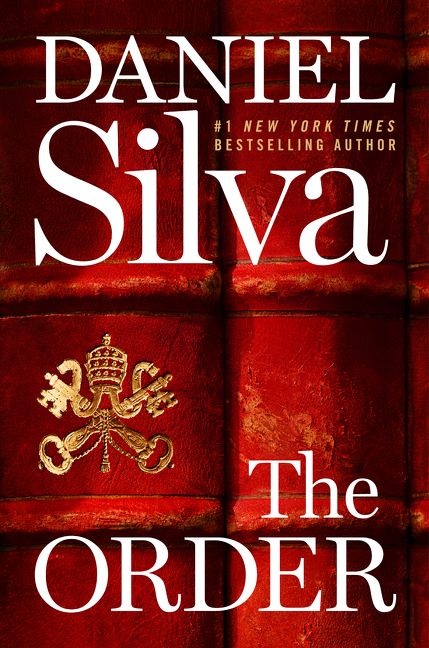
Daniel Silva, The Order
(Harper)
Silva stays at the top of his game with the latest Gabriel Allon novel. This one takes Allon to the Vatican in the midst of a papal ascendancy scandal that turns out to have reverberations across Europe and connections to a shadowy neo-fascist conspiracy penetrating both the church and the continent’s governments. Packed within this propulsive, highly entertaining plot is an incisive critique of the recent influence of disruptive extremist ideologies in European affairs. The conspiracy may be fictional, but the analysis of the changing political winds has a ring of terrifying authenticity. –DM
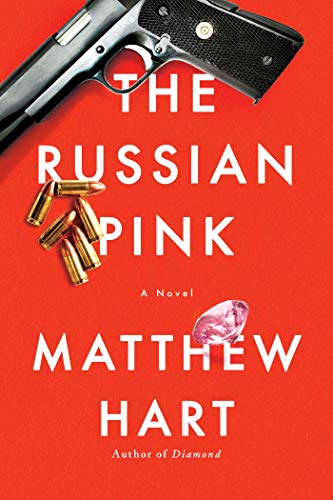
Matthew Hart, The Russian Pink
(Pegasus)
Matthew Hart is a veteran journalist with a niche writing about diamonds and precious metals as they work their way from mines and dealers through networks of the global elite. So he’s bringing a career of experience and information to his debut novel, The Russian Pink, a propulsive and heady thriller about a Treasury Department diamond investigator who spots one of the world’s most expensive gems hanging around the neck of a would-be First Lady. Russian agents get involved and soon Hart’s protagonist, Alex Turner, is on a twisty path of conspiracies, blown operations, and double crosses. Hart writes passionately about diamonds and the people who chase them, but he also has a strong handle on the personal dynamics and obsessions that drive this mysterious world. –DM
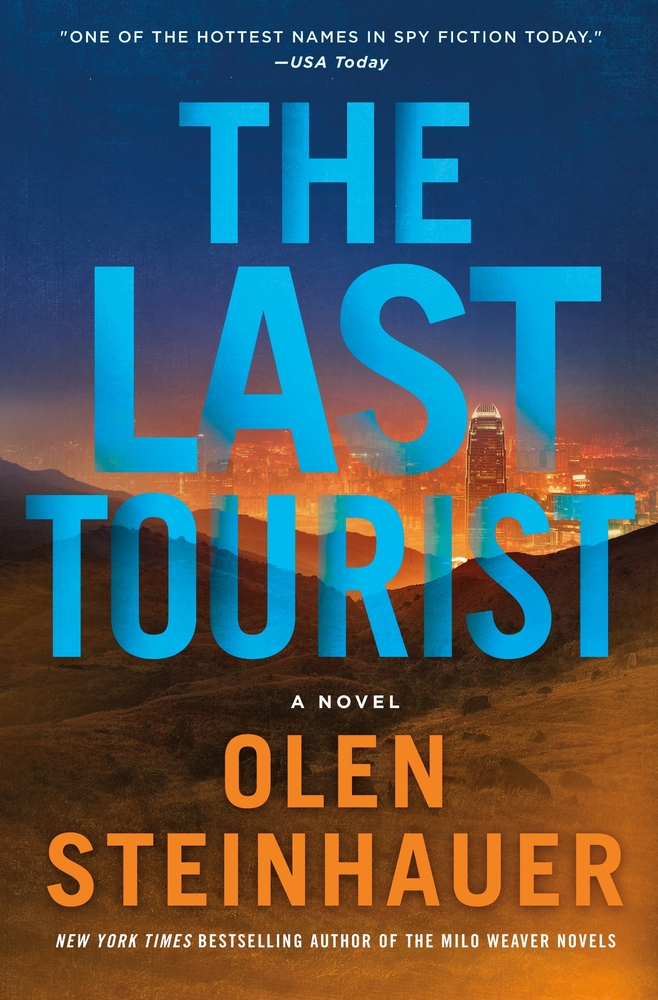
Olen Steinhauer, The Last Tourist
(Minotaur)
Steinhauer’s exhilarating new novel presents a clash of spy generations amidst a global and personal crisis. Milo Weaver, known to readers of An American Spy, is now in the wind in Western Sahara, when a young CIA analyst tracks him down to discuss some disconcerting wire chatter. Soon, the pair are on the run from a cabal of CIA-trained assassins known as “Tourists.” As they flee, they continue to revisit figures and episodes from Weaver’s past, laying out a fascinating interrogation of recent history, motivations, and intelligence tactics. –DM
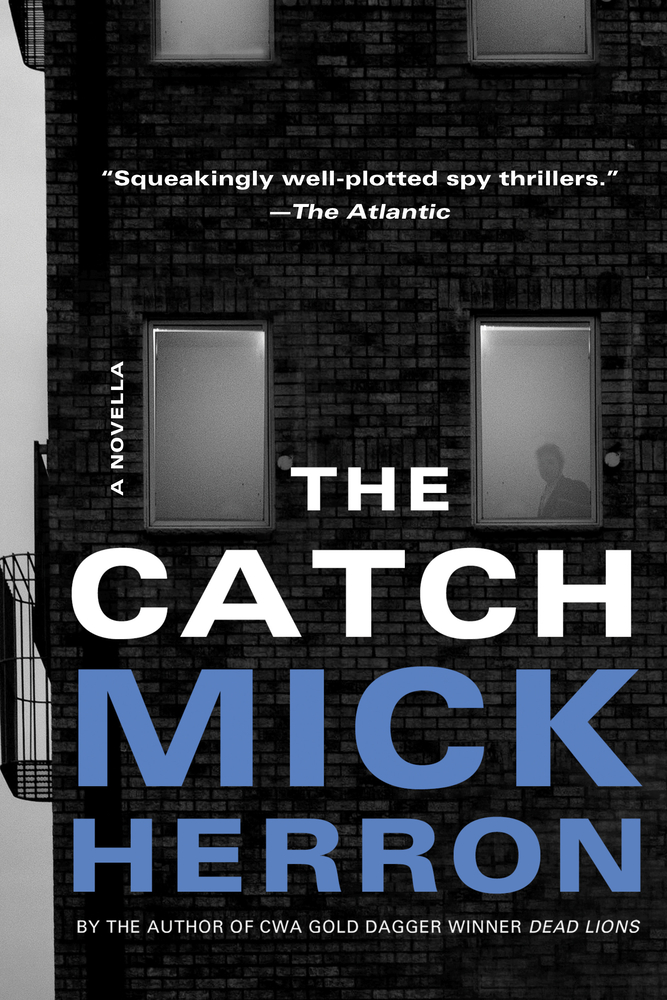
Mick Herron, The Catch
(Soho)
Herron has made a name for himself writing some of the smartest, sharpest spy fiction around, all with a double-edge of dark humor, with tales spun out through the novels that make up his Slough House series. The Catch, a novella set within that same Slough House world, is a worthy addition, focusing on the story of one John Bachelor, plying his trade on the very margins of the intelligence community. Bachelor’s unique role is serving as a “milkman,” an administrator who handles pensions and upkeep on retired spies. In Herron’s rendering, he’s a man in crisis himself, as he finds himself alone, near-bankrupt, and holed up in a washed-out safe house. He’s a sitting duck for savvier spies ready with blackmail, and Herron charts his dizzying, tragicomic spiral with great spirit and the usual flourishes of one of today’s best spy series. –DM

Robert Littell, Comrade Koba
(Harry N. Abrams)
Robert Littell has long been known for his novels of Cold War espionage, including the acclaimed novel The Company, but Comrade Koba promises to be something darker and more thoughtful—what Littell’s other works have left concealed in the shadows now emerges in this powerful tale. A young boy orphaned by purges is hiding out in the House on the Embankment (also subject of the mammoth 2017 history book House of the Government), where he meets a man who isn’t supposed to exist, and who knows far too much about their noble dictator. As the recent death of John le Carre reminded us, espionage fiction is often great literature. Comrade Koba is a stunning work of grim humor and astonishing insight that should immediately join the canon of the greats. –MO
Rosalie Knecht, Vera Kelly Is Not a Mystery
(Tin House)
Knecht’s Who Is Vera Kelly? was one of the most invigorating, innovative espionage novels in recent memory, following mid-century spies in Argentina and across the Cold War landscape. Now, Knecht is having a go at an espionage and Cold War-tinged detective novel, a development that should be extremely heartening to crime aficionados. In this follow-up, the CIA-trained spy is back Stateside without a job or a girlfriend and so falls into the private detective business, as one does. The usual globetrotting ensues, as well as beautiful startling passages that will stop you in your tracks. The brooding, Cold War atmospherics are perfectly drawn, and the characters resonate with depth and complexity. –DM


